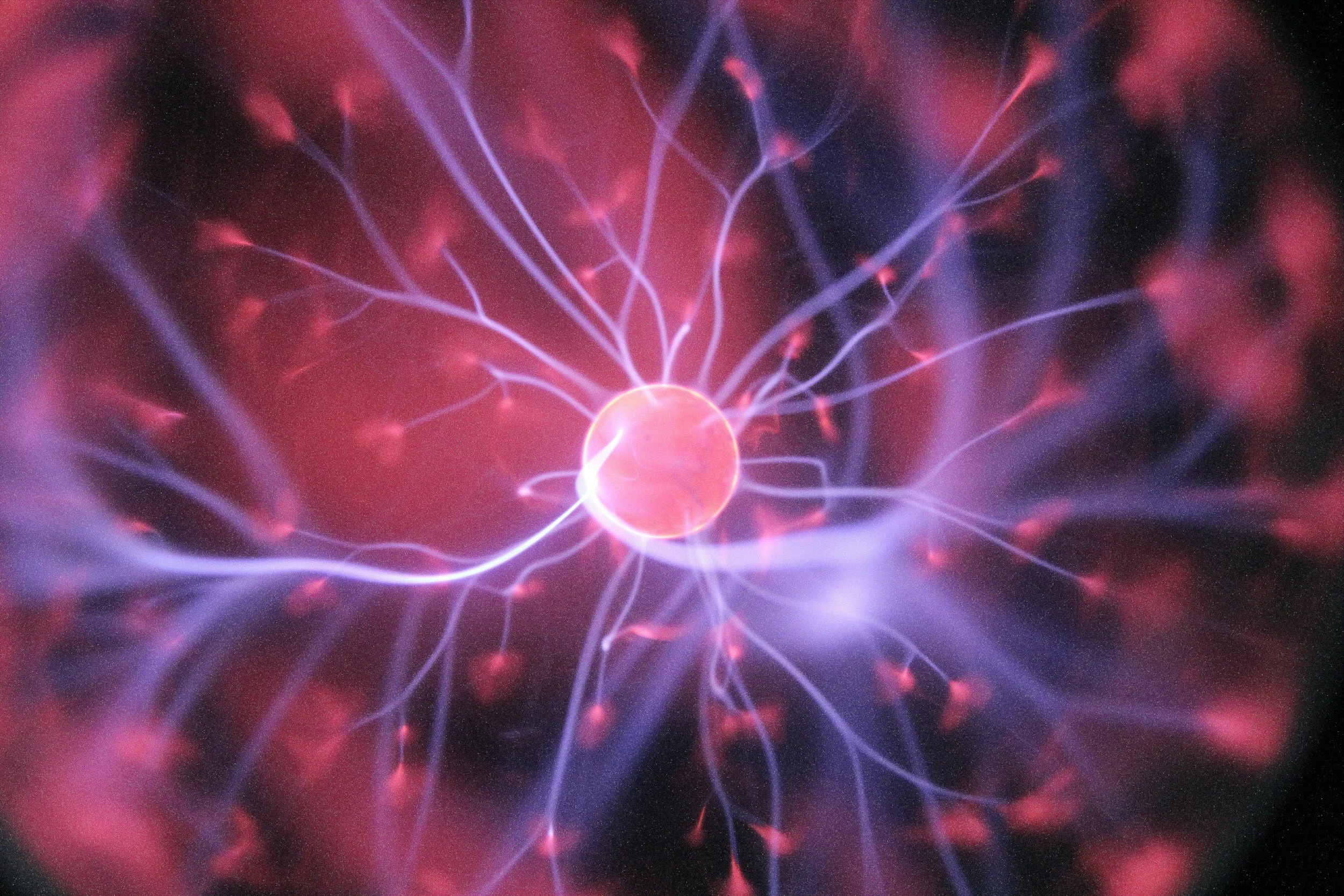The Vagus Nerve’s Role in Digestive Health
Have you noticed that when you're feeling overwhelmed or anxious, your digestion also feels off? Digestive issues are often treated as isolated symptoms, but the nervous system plays a massive role in how well the gut performs.
The vagus nerve doesn’t just help you feel calm—it plays a critical role in how well your digestive system functions.
The Gut-Brain Highway
The vagus nerve is the main line of communication between your gut and brain, sending signals in both directions. Researchers have found that about 80% of the vagus nerve's fibers send messages from the gut to the brain, not vice versa. This means your gut greatly influences your mood, emotions, and even your decision-making.
Brain-to-Gut Messages:
Stimulates digestive enzyme production
Regulates stomach acid secretion
Controls peristalsis (the wave-like movement of the intestines)
Supports gut barrier function
Gut-to-Brain Messages:
Sends satiety signals
Reports on inflammation and gut balance
Influences mood, behavior, and emotional well-being
Helps regulate your stress response after eating
When the Vagus Nerve Isn’t Functioning Well
If your vagus nerve isn’t properly activated, digestion may slow down or become inefficient. Studies show that reduced vagal tone is associated with gastrointestinal issues such as IBS, poor motility, and inflammation, as well as mood imbalances like anxiety and depression.
You might experience:
Bloating or gas
Constipation or sluggish bowels
Poor nutrient absorption
Reflux or heartburn
Cravings and blood sugar dips
Anxiety or brain fog after meals
The good news? You can naturally stimulate your vagus nerve to support better digestion and balance of the nervous system.
Vagal Practices to Support Digestive Health
Here are simple, research-supported ways to engage the vagus nerve and support your digestion before, during, and after meals:
Pre-Meal Rituals
Creating a sense of calm before eating activates the parasympathetic nervous system, the “rest and digest” state governed by the vagus nerve.
Take 3–5 slow, deep belly breaths
Set the tone with calming music or a tidy space
Express gratitude before eating
Smell your food to engage the senses and prime digestion
Mindful Eating Practices
Studies show that mindful eating improves digestion and nutrient absorption by helping the body stay relaxed and parasympathetic.
Chew slowly and thoroughly (20–30 times per bite if possible)
Sit upright with relaxed posture
Avoid screens and distractions
Tune in to hunger and fullness cues
Pause between bites and enjoy your food
After-Meal Grounding
After you eat, the goal is to keep the vagus nerve engaged and digestion flowing.
Take a gentle walk or stretch
Do a few minutes of slow, deep breathing
Rest and avoid rushing into tasks
Try light humming or singing to stimulate the vagus nerve further
Let’s Bring Awareness to the Gut-Emotion Connection
You're not alone—many of us carry stress in our gut, often without realizing the connection. Whether it's bloating after a stressful day or a loss of appetite during emotional ups and downs, your body is always communicating. So tune in.
Book a free discovery session with me to learn how to naturally and gently restore balance to your nervous system and digestion.





